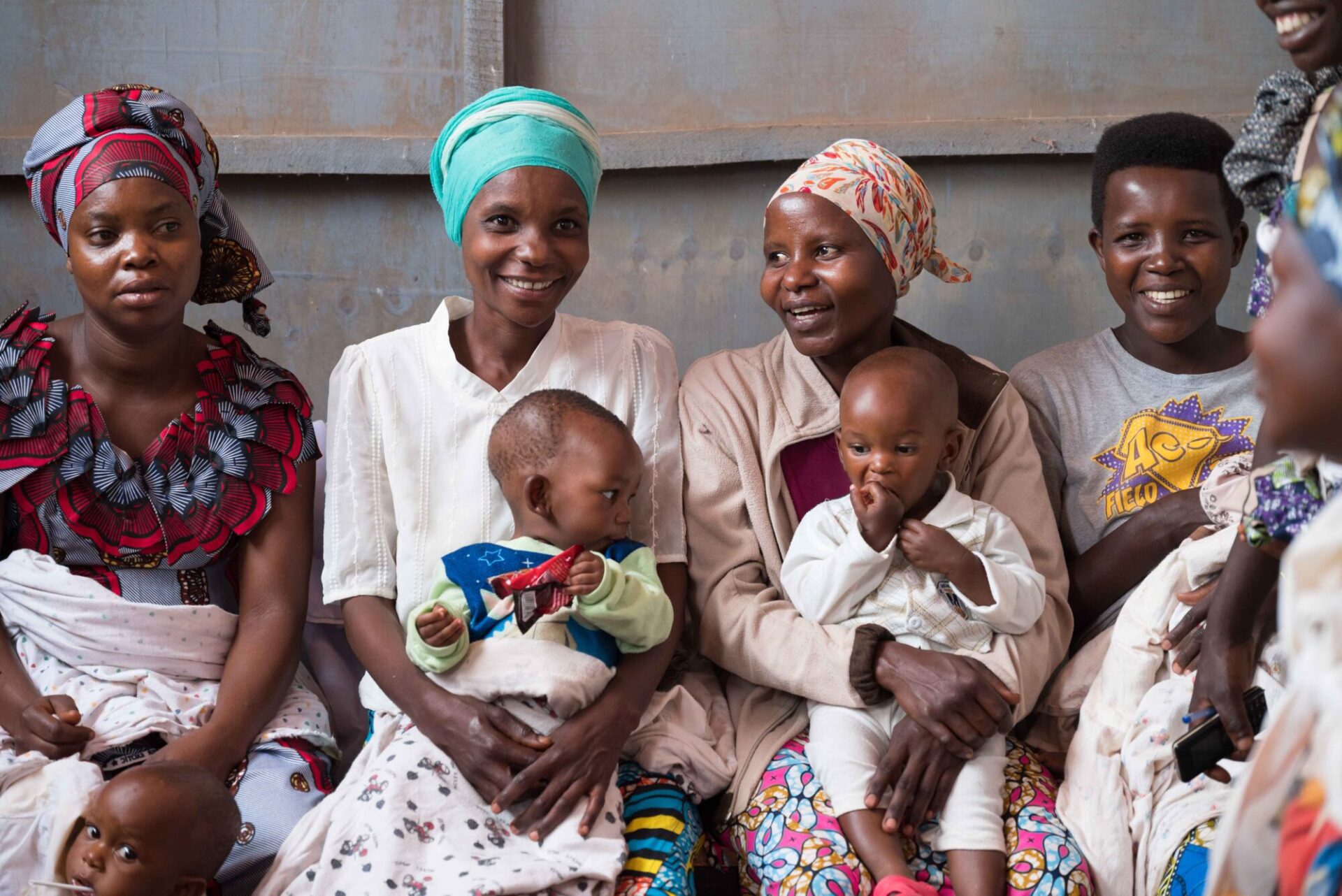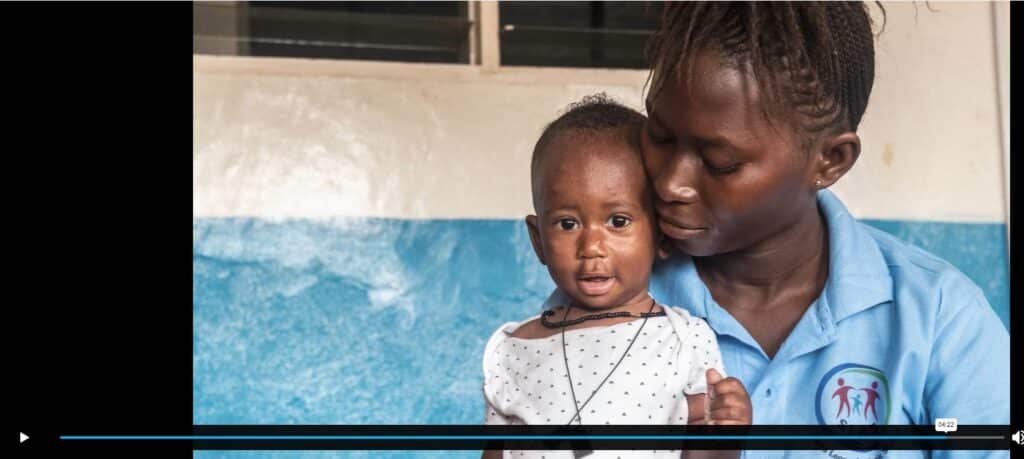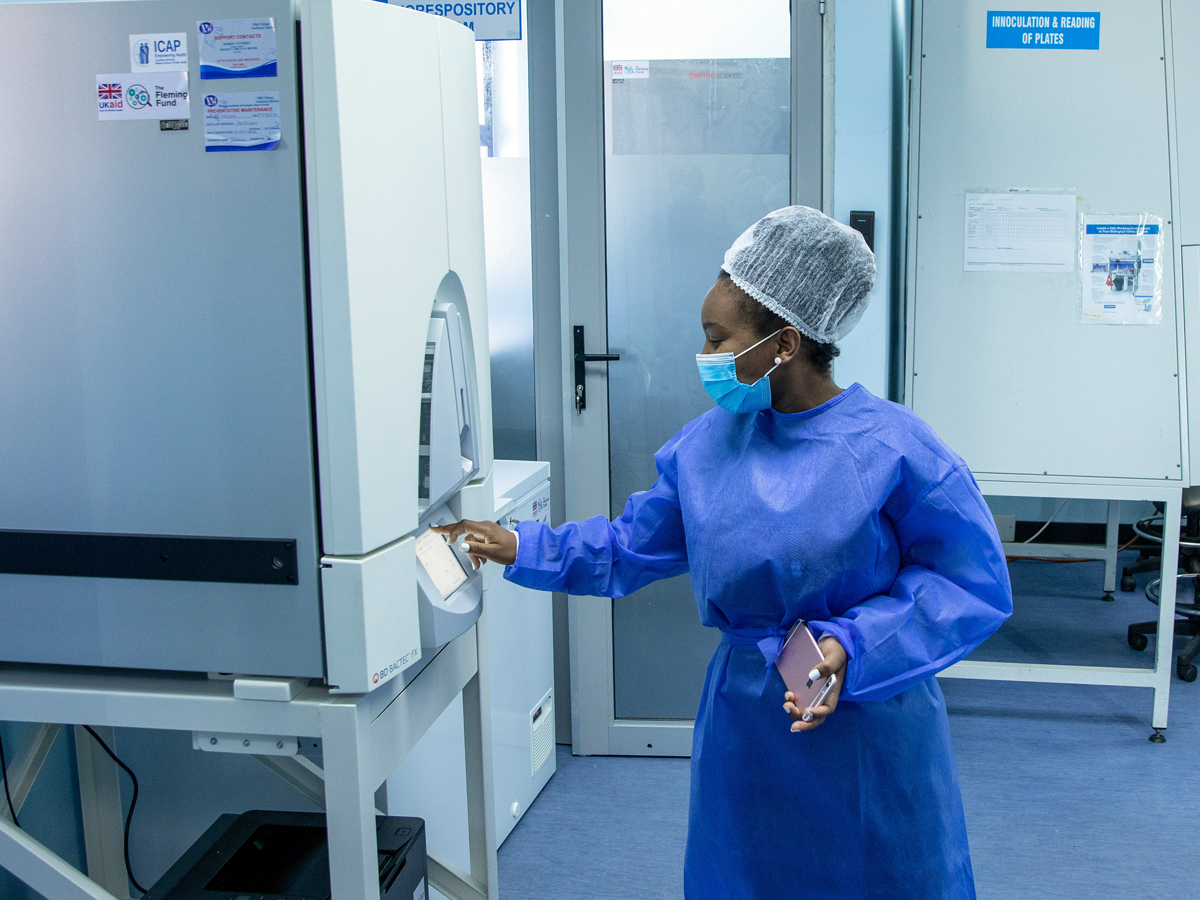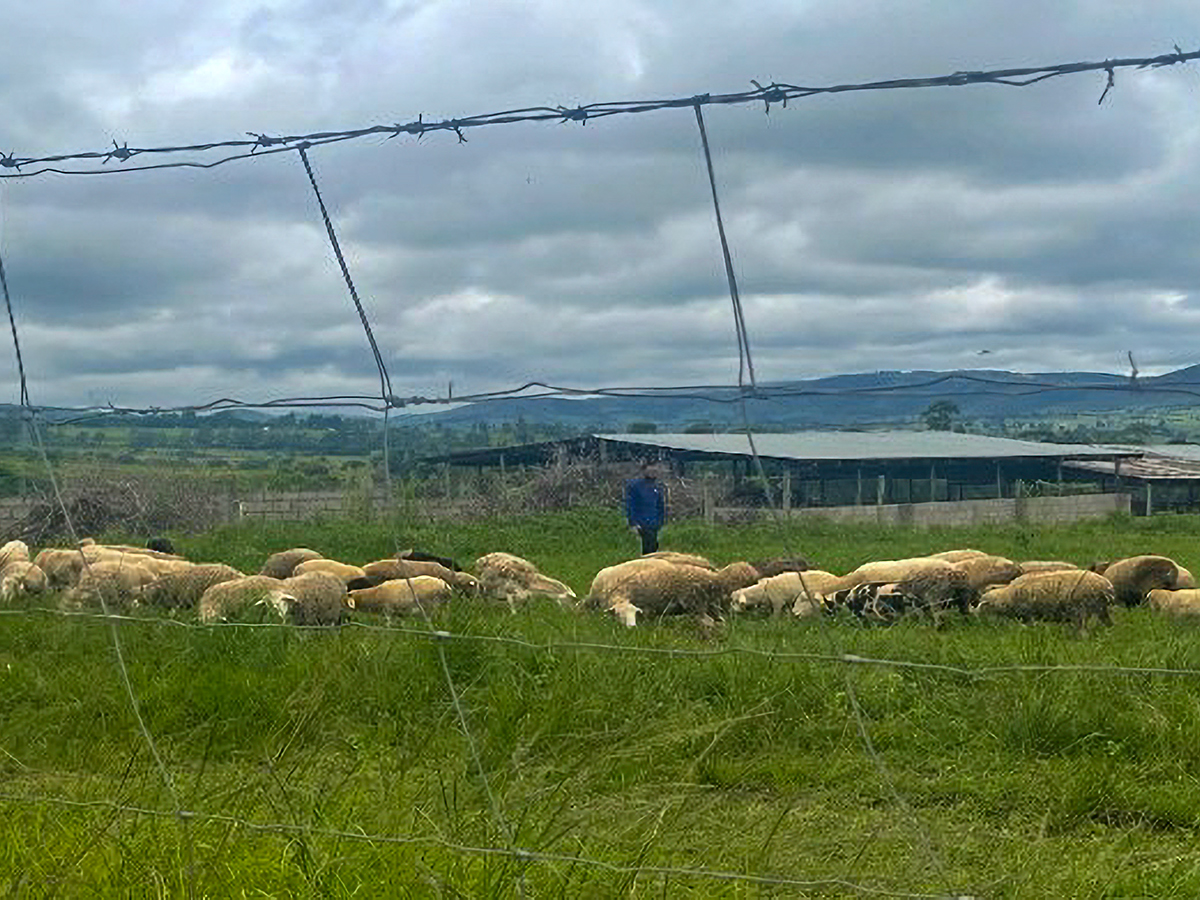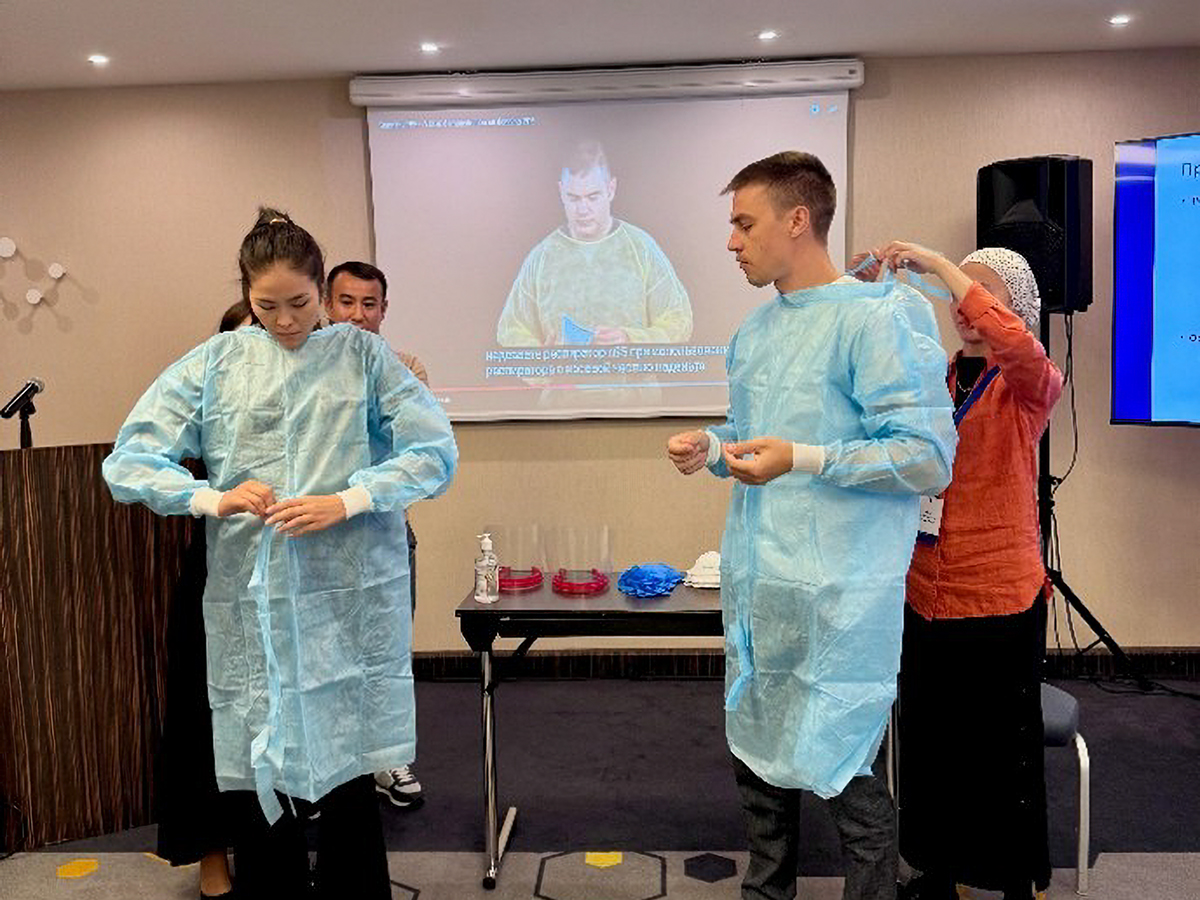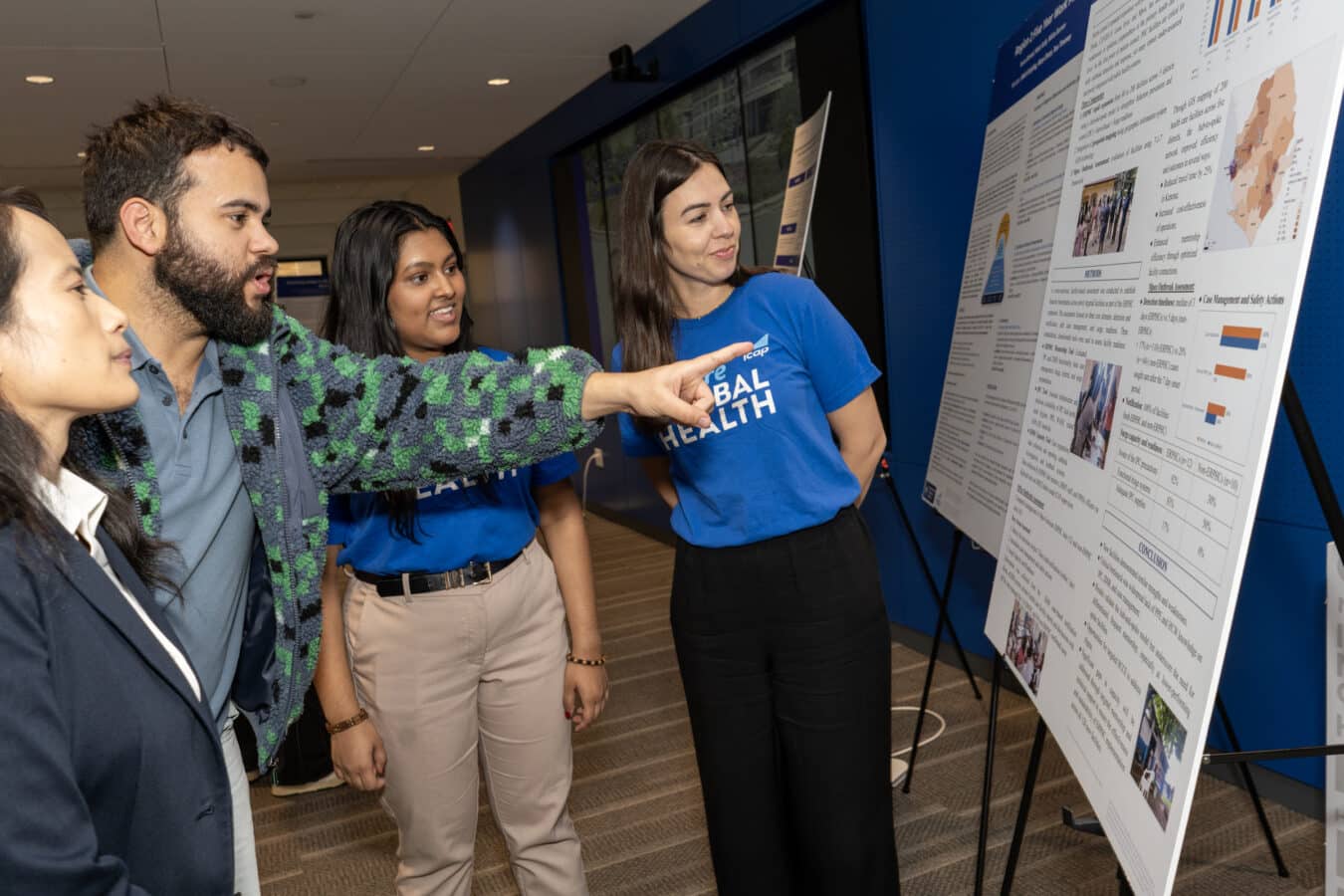The global effort to end vertical HIV transmission and improve maternal and child health has taken a bold step forward with the launch of the HIV Impact Network for Vertical Transmission Elimination (HIVE).
As part of this new initiative, ICAP at Columbia University, in partnership with Pediatric-Adolescent Treatment Africa (PATA), convened a group of public health experts from across sub-Saharan Africa and around the world in Johannesburg, South Africa, in December 2024. This milestone event signaled the start of a new era—one driven by collaboration, innovation, and an unwavering commitment to ensuring that no child is born with HIV.
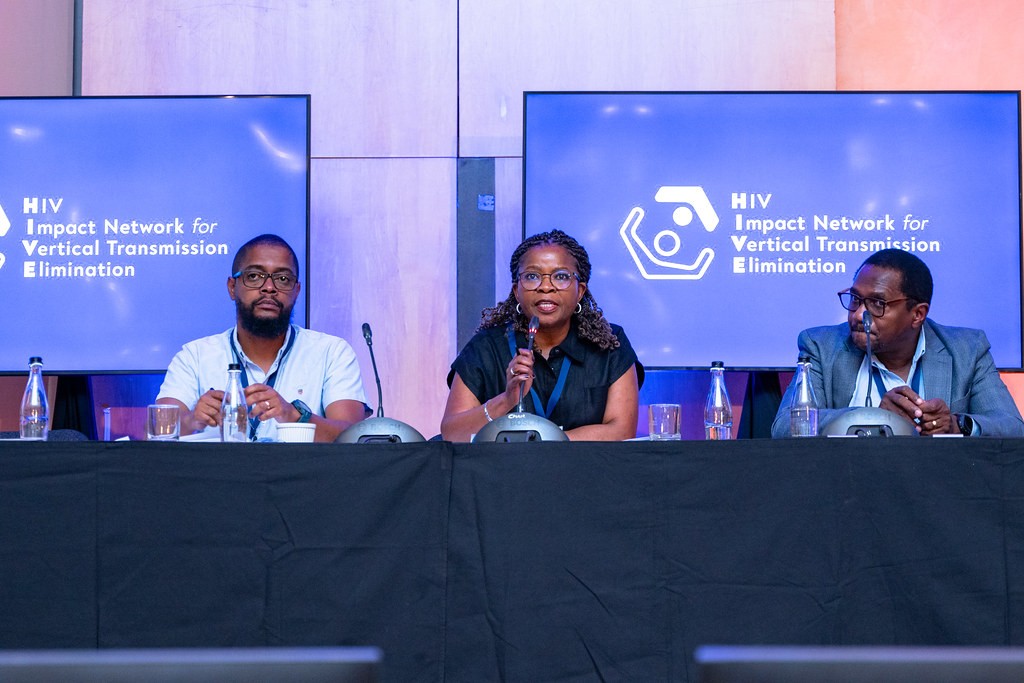
Bringing together leaders from various governments, global health organizations, donor agencies, and frontline health care providers, HIVE is set to accelerate progress in eliminating vertical HIV transmission across six high-burden African countries: Kenya, Mozambique, Nigeria, South Africa, Tanzania, and Zambia. With funding from the Gates Foundation and implementation support from ICAP and PATA, this initiative will focus on closing critical gaps in prevention, testing, and treatment for pregnant women and infants over the next two years.
“The goal of the network is to ensure we have healthy mothers bringing forth healthy babies who are HIV free,” said the late Peter Preko, MBChB, MPH, principal investigator of HIVE and project director of CQUIN — ICAP’s Coverage, Quality, and Impact Network. (Dr. Preko died in a tragic accident several weeks after the launch meeting.)
Despite significant strides in HIV prevention, thousands of infants are still born with HIV every year due to barriers in health care access, treatment retention, and early infant diagnosis. HIVE is designed to tackle these persistent challenges by ensuring that pregnant women living with HIV are identified, linked to care, and supported throughout their journey. The initiative will also expand early infant HIV testing and treatment during the critical breastfeeding period—one of the highest-risk windows for transmission.
By fostering collaborative learning and technical assistance, HIVE will empower participating countries to scale up best practices and strengthen health systems. This groundbreaking initiative is represents a major step toward a future where every mother and child have access to the care they need, and where new pediatric HIV infections are eliminated. Read more on the HIVE website >>>>
Watch the launch video to hear some of thoughts by participants on the launch’s impact, how knowledge can be shared across countries, and the potential for HIVE to support healthy mothers and children free of HIV.
About ICAP
A major global health organization that has been improving public health in countries around the world for two decades, ICAP works to transform the health of populations through innovation, science, and global collaboration. Based at Columbia Mailman School of Public Health, ICAP has projects in more than 40 countries, working side-by-side with ministries of health and local governmental, non-governmental, academic, and community partners to confront some of the world’s greatest health challenges. Through evidence-informed programs, meaningful research, tailored technical assistance, effective training and education programs, and rigorous surveillance to measure and evaluate the impact of public health interventions, ICAP aims to realize a global vision of healthy people, empowered communities, and thriving societies. Online at icap.columbia.edu


